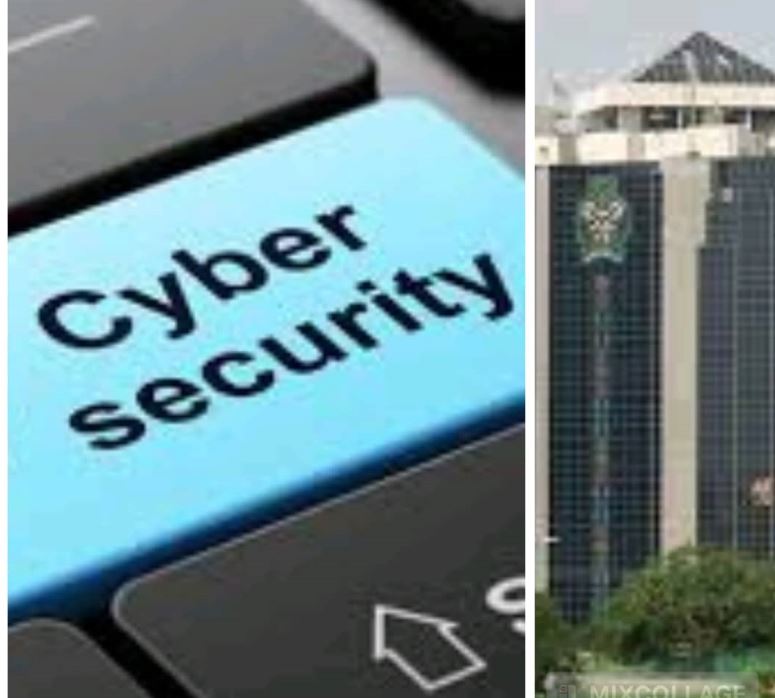
National Association of Small and Medium Enterprises (NASME) and other stakeholders have expressed divergent opinions on the imposition of cyber security levy by Central Bank of Nigeria (CBN).
They expressed their views in separate interviews with the News Agency of Nigeria (NAN) in Ibadan on Thursday.
In his own opinion, Chairman of NASME in Oyo State, Prince John Karunwi, the introduction of 0.5 per cent cyber security levy on banking transactions would further strain the economic recovery process.
While stating that the need for generating revenue could not be ignored, Karunwi, however, noted that the prevailing economic situation in the country had already had adverse affected on individuals, businesses, business owners and employees.
“Introducing 0.5 per cent cyber security levy on banking transactions now will further strain the economic recovery process, increase poverty, reduce business cash flow and liquidity.
“It will also increase business financial strain, leaving several nano, micro and small businesses to fold up due to poor cash flow to procure inputs, pay salaries and meet other running expenses,” he said.
According to him, this could also lead to laying-off of workers.
“Nursing mothers in paid jobs will undergo more stress in meeting up with work schedules in order to remain at work,” Karunwi said.
He said that the policy could have been delayed it till when the economy must have fully recovered and businesses too from the several devastating effects of the COVID 19 pandemic.
“Worst still, this policy is coming amidst previous ones, such as currency redesign, cashless policy, fuel subsidy removal, increase in electricity tariff and fuel scarcity, among others,” Karunwi said.
To the first female African Professor of Computer Science, Prof. Adenike Osofisan, some of the policies being implemented by government were not well thought-out.
Osofisan underscored the need for government to think through ideas being suggested to it before implementing them.
“Many people give ideas for their own selfish reasons in Nigeria.
“Nigerians are already paying too much for certain things. The money NITDA is making, can’t they take some of it for cyber security?, she queried, adding: “It is very unfortunate.”
However, a financial expert, Mr Tunji Adepeju, said the cyber security levy was just like the education levy which government was collecting from the business sector.
According to him, the cyber security levy is for the agency fighting cyber crime, saying that the banks will just be serving as collection centres, as they do not have anything to do with it.
“The cyber-security levy is just implementing a law that had been enacted since 2016, but which was revised in 2024, just like the education trust levy whose implementation started many years ago.
“Just as people are complaining now, the business owners also complained about education levy because a certain percentage of their profits were paid to Federal Inland Revenue Service,” he said.
He, therefore, urged Nigerians to contribute to the cyber security levy, saying that it would be specially managed through the appropriate authority.
“There is no better time to implement the levy than now, as it has been in the law.
“We must commend and praise the courage of the present administration in putting the nation on the right path,” the financial expert said.





